Juan Antonio Samaranch, 1920–2010
The Spanish autocrat who saved the Olympics
A free daily email with the biggest news stories of the day – and the best features from TheWeek.com
You are now subscribed
Your newsletter sign-up was successful
As president of the International Olympic Committee, Juan Antonio Samaranch led the Olympic Games into its greatest era of prosperity, negotiating multibillion-dollar fees from television networks and corporate sponsors. But he also presided over one of the worst scandals in Olympic history, when IOC members were caught taking bribes to award the 2002 Winter Games to Salt Lake City.
Samaranch, who died in his native Barcelona last week, climbed to the pinnacle of the Olympic movement through a combination of luck, opportunism, and patronage politics, said the London Sunday Times. The son of a prosperous textile merchant, he fought on the Fascist side in the Spanish Civil War. When peace came, he rose from manager of Spain’s roller hockey team to minister for sport in the Franco government. He joined the IOC in 1966, building a network of supporters who saw to his election as the committee’s president in 1980.
He took over the IOC at an inauspicious time for the Olympic movement, said the Chicago Tribune. The U.S. had boycotted the 1980 Moscow Games, and the Soviets had made it clear that they would boycott the 1984 Los Angeles Games. The IOC was down to its last $2 million. That didn’t deter the autocratic Samaranch, who always insisted on being addressed as “Your Excellency.” Governing “essentially by executive fiat,” he opened the Games to professional athletes and expanded opportunities for women and athletes from poorer countries. But he reportedly turned a blind eye to the use of performance-enhancing drugs by athletes, and was in charge during the lead-up to the scandal-ridden Salt Lake City Games.
The Week
Escape your echo chamber. Get the facts behind the news, plus analysis from multiple perspectives.

Sign up for The Week's Free Newsletters
From our morning news briefing to a weekly Good News Newsletter, get the best of The Week delivered directly to your inbox.
From our morning news briefing to a weekly Good News Newsletter, get the best of The Week delivered directly to your inbox.
“What makes Samaranch difficult to evaluate is we want a person to be all bad or all good,” says Olympic historian David Wallechinsky. “He was both.”
A free daily email with the biggest news stories of the day – and the best features from TheWeek.com
-
 What are the best investments for beginners?
What are the best investments for beginners?The Explainer Stocks and ETFs and bonds, oh my
-
 What to know before filing your own taxes for the first time
What to know before filing your own taxes for the first timethe explainer Tackle this financial milestone with confidence
-
 The biggest box office flops of the 21st century
The biggest box office flops of the 21st centuryin depth Unnecessary remakes and turgid, expensive CGI-fests highlight this list of these most notorious box-office losers
-
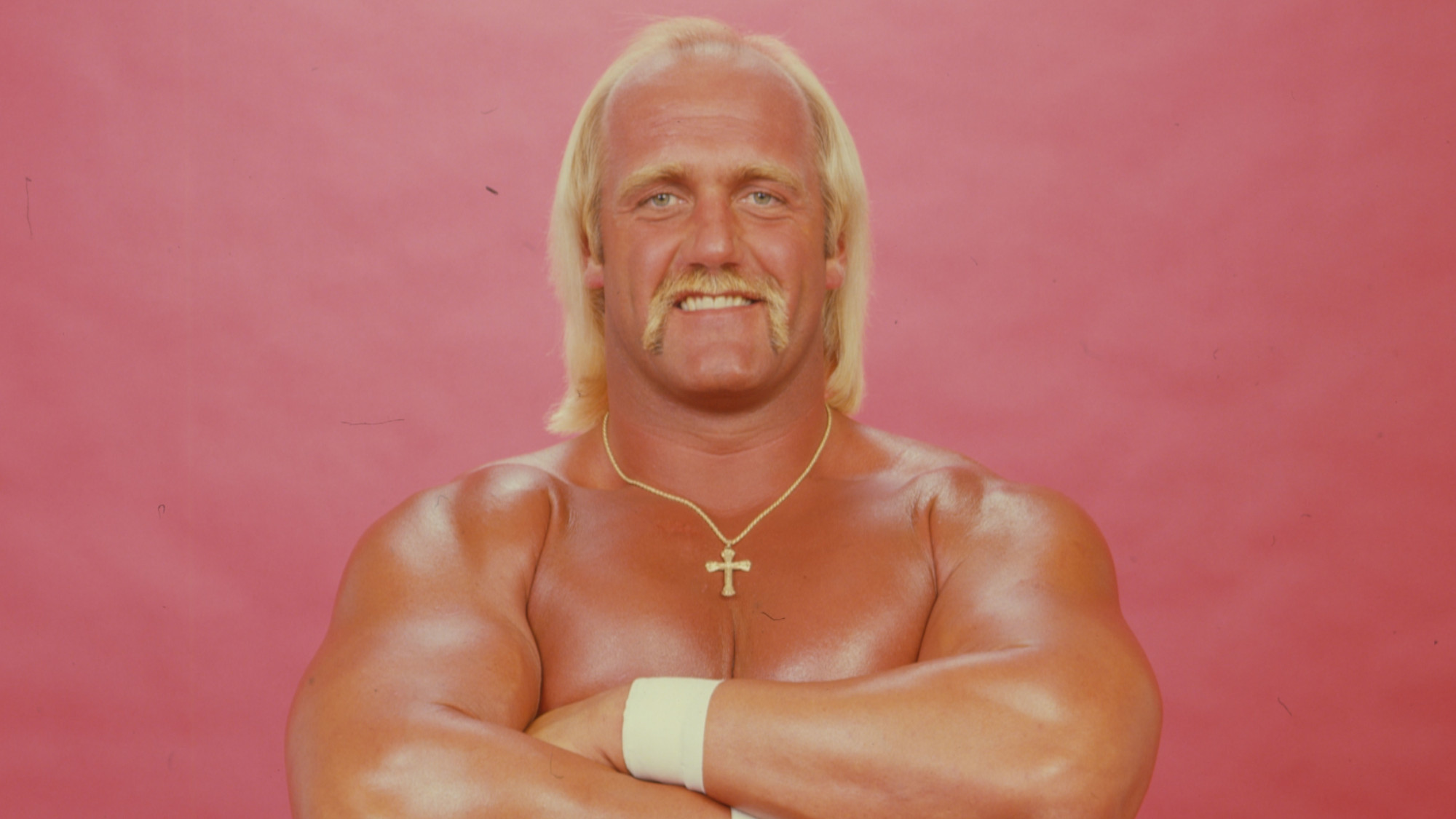 Hulk Hogan
Hulk HoganFeature The pro wrestler who turned heel in art and life
-
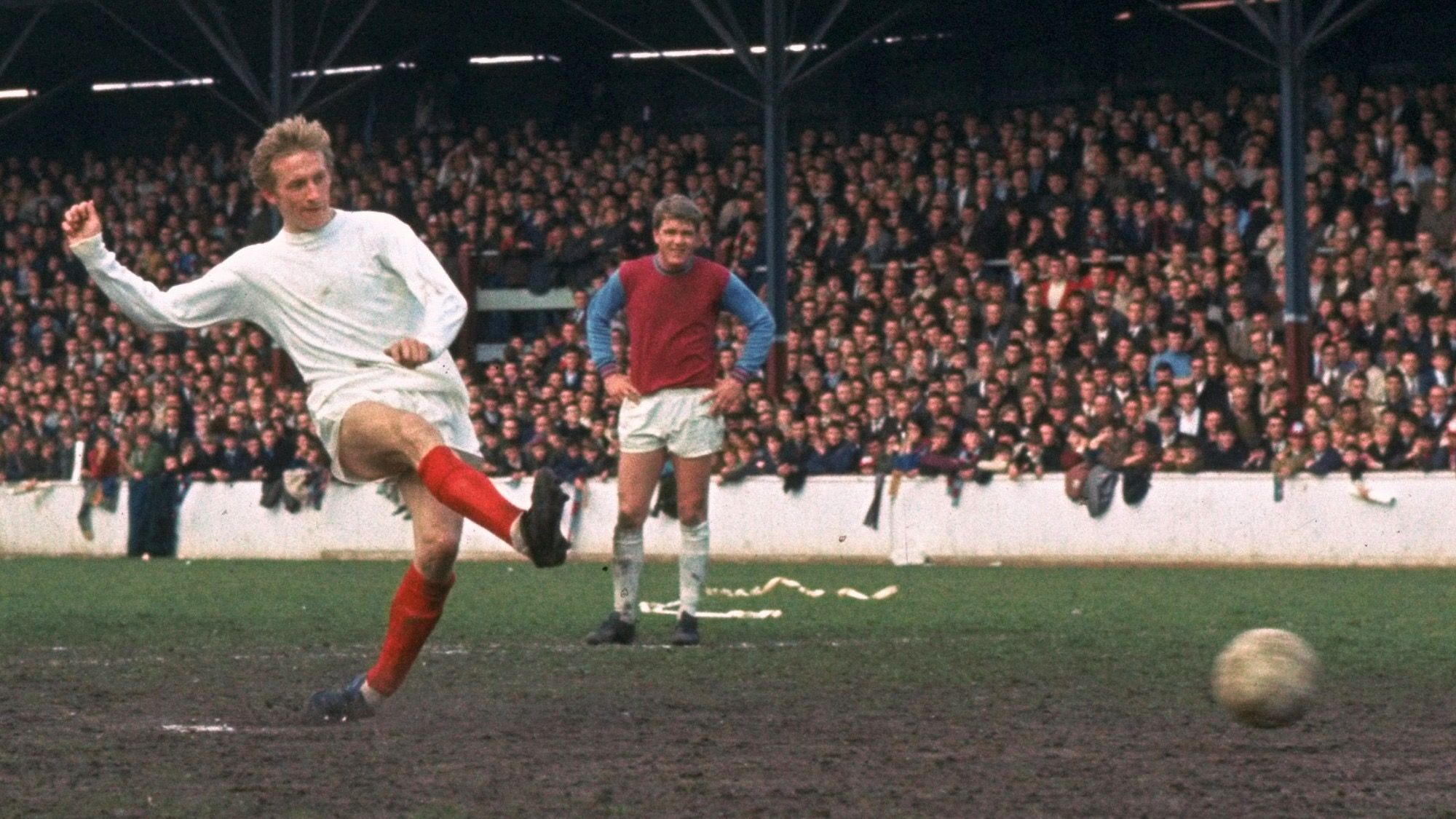 Denis Law obituary: fond farewell to 'the King of the Stretford End'
Denis Law obituary: fond farewell to 'the King of the Stretford End'In the Spotlight Scottish footballer who was one of Manchester United's 'Holy Trinity' has died aged 84
-
 Geoff Capes obituary: shot-putter who became the World’s Strongest Man
Geoff Capes obituary: shot-putter who became the World’s Strongest ManIn the Spotlight The 'mighty figure' was a two-time Commonwealth Champion and world-record holder
-
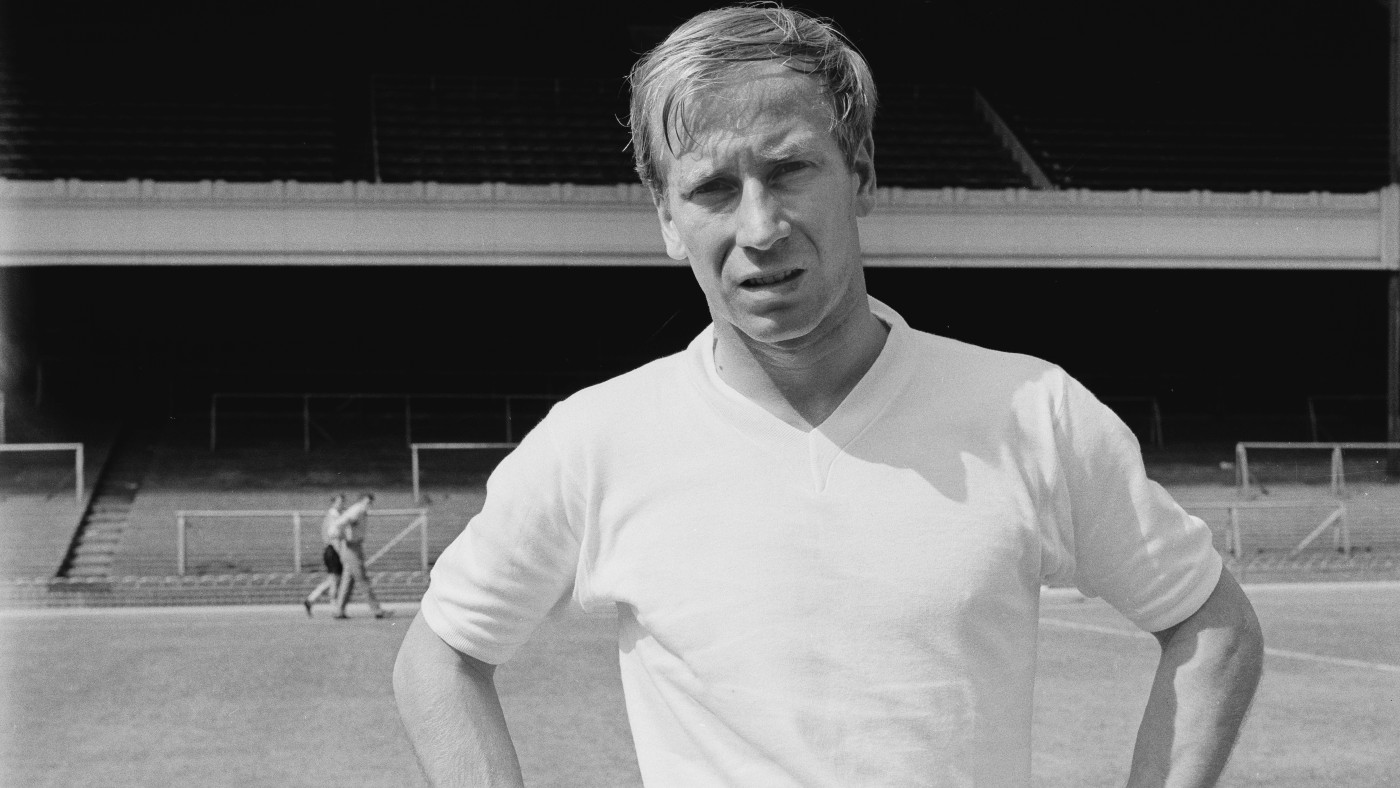 Bobby Charlton: England's old-fashioned sporting hero
Bobby Charlton: England's old-fashioned sporting heroObituary Not only was Sir Bobby one of the country's greatest-ever footballers he was lauded for his demeanour on and off the pitch
-
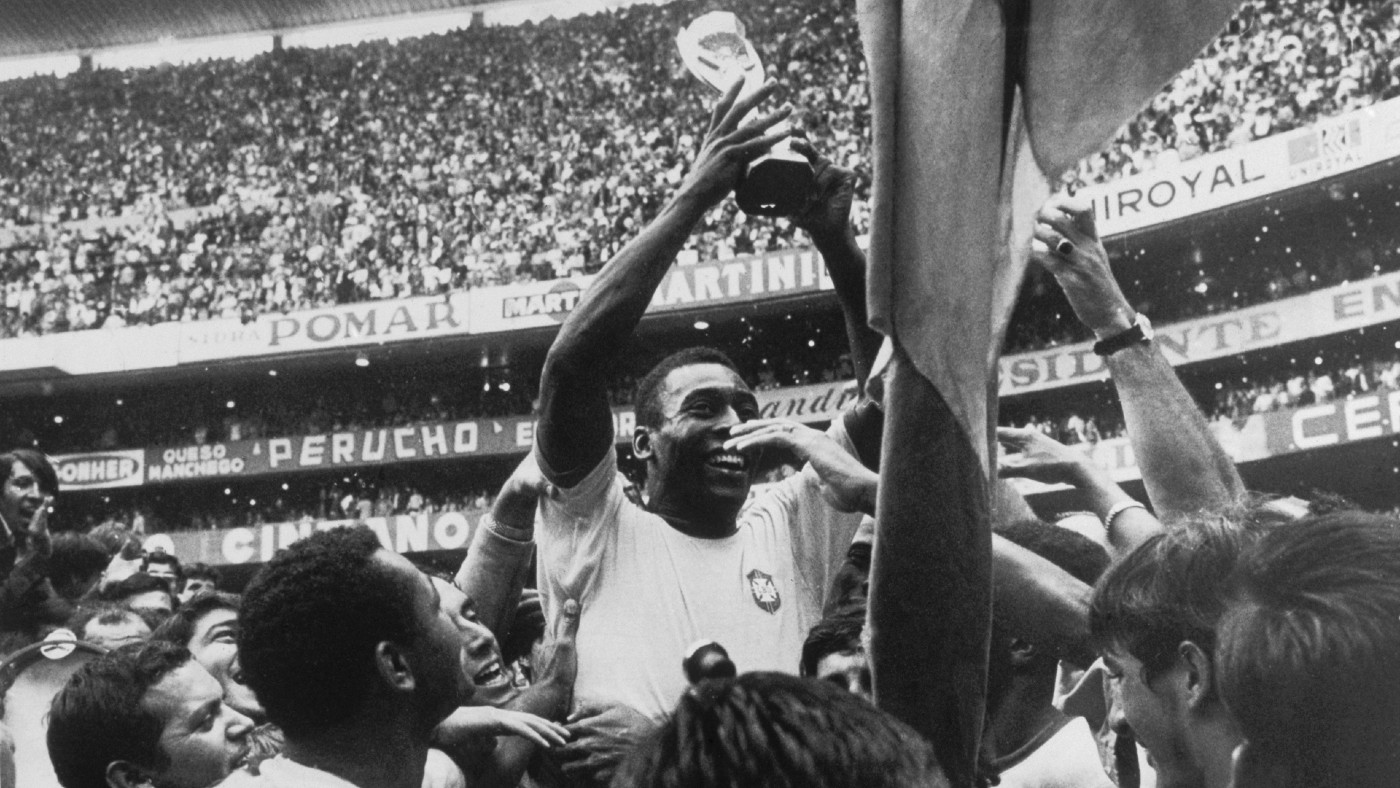 Pelé obituary: remembering the greatest footballer of all time
Pelé obituary: remembering the greatest footballer of all timeIn the Spotlight The Brazilian footballer, who died aged 82, was blessed with extraordinary skill in every aspect of the game
-
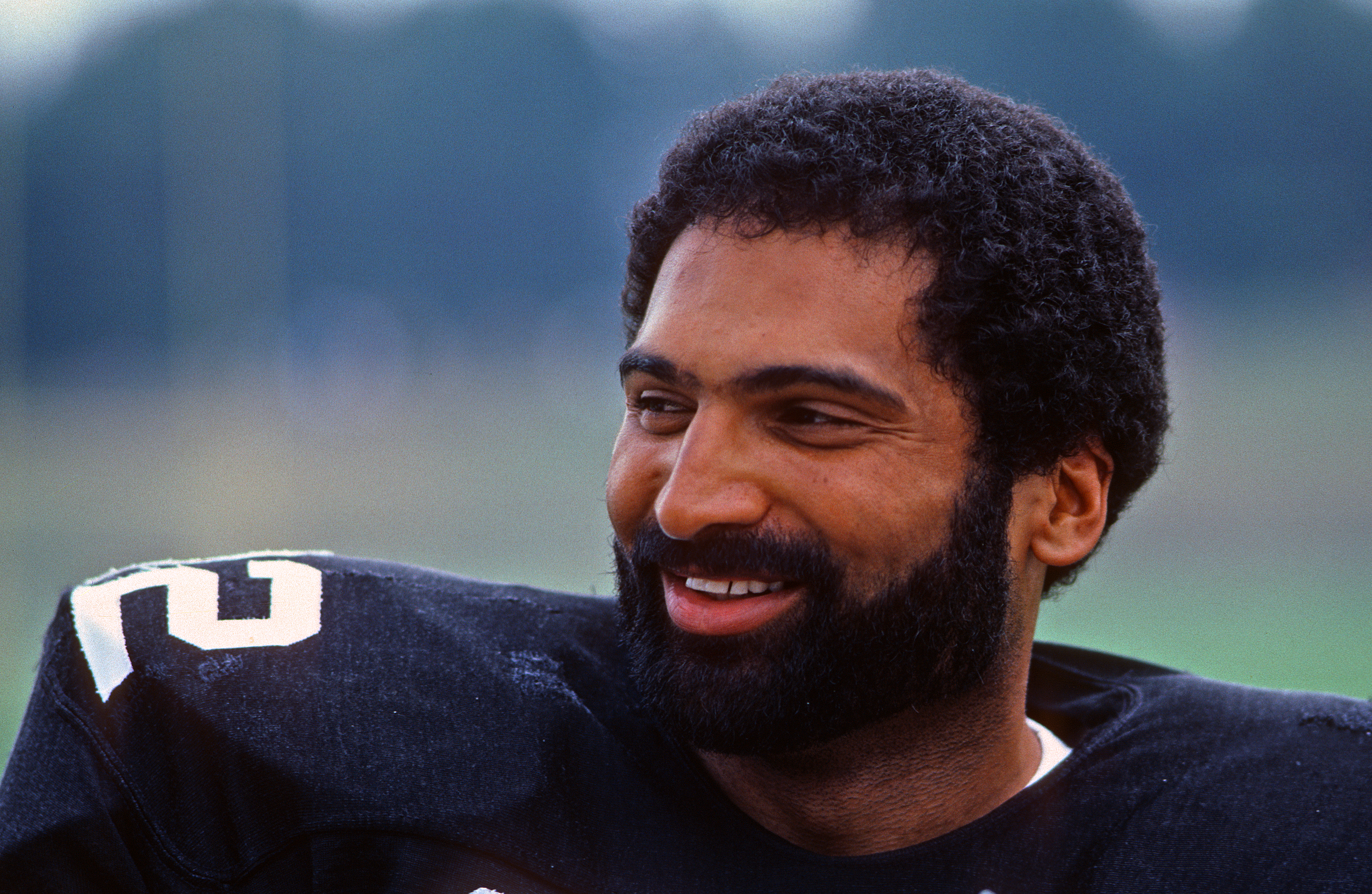 Franco Harris, legendary Pittsburgh Steelers running back, dies at 72
Franco Harris, legendary Pittsburgh Steelers running back, dies at 72Speed Read
-
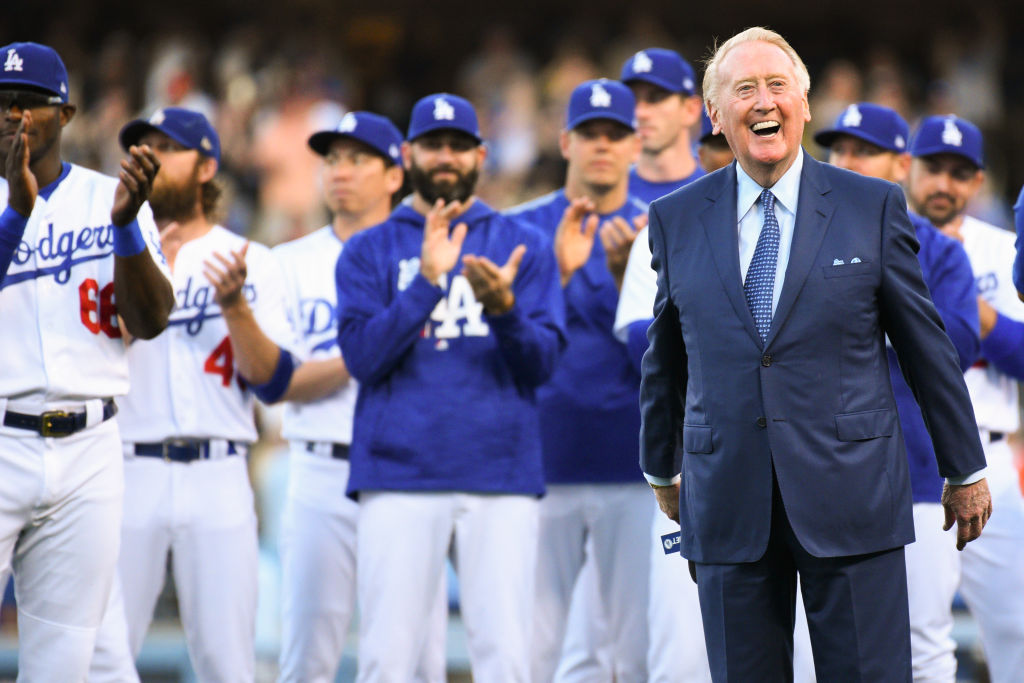 Vin Scully, legendary Dodgers broadcaster, dies at 94
Vin Scully, legendary Dodgers broadcaster, dies at 94Speed Read
-
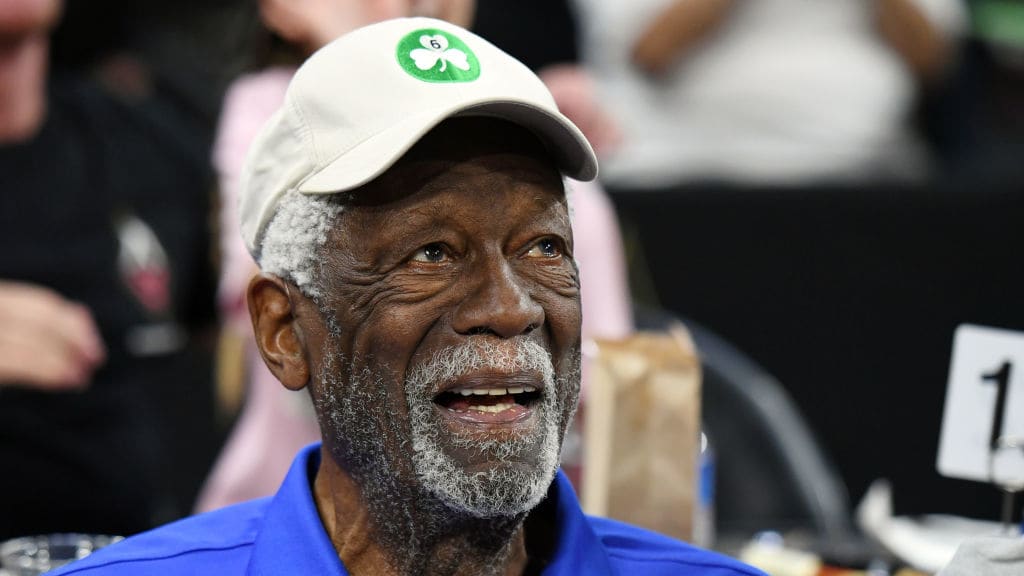 NBA champ and Celtics legend Bill Russell dies at 88
NBA champ and Celtics legend Bill Russell dies at 88Speed Read